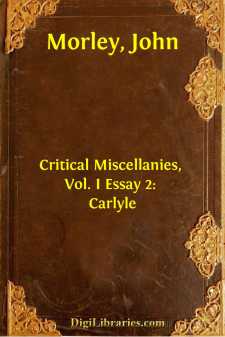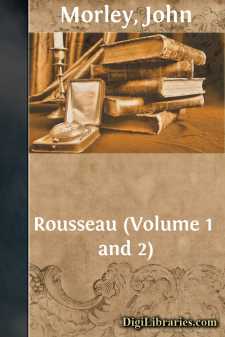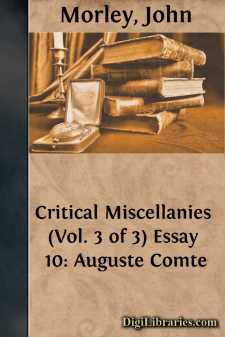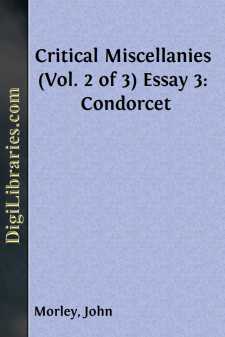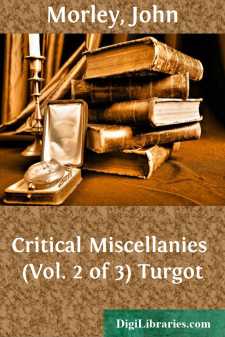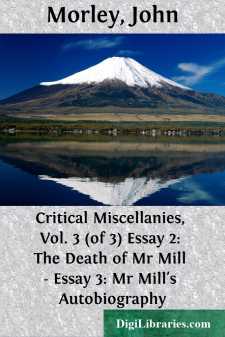Categories
- Antiques & Collectibles 13
- Architecture 36
- Art 48
- Bibles 22
- Biography & Autobiography 813
- Body, Mind & Spirit 142
- Business & Economics 28
- Children's Books 15
- Children's Fiction 12
- Computers 4
- Cooking 94
- Crafts & Hobbies 4
- Drama 346
- Education 46
- Family & Relationships 57
- Fiction 11828
- Games 19
- Gardening 17
- Health & Fitness 34
- History 1377
- House & Home 1
- Humor 147
- Juvenile Fiction 1873
- Juvenile Nonfiction 202
- Language Arts & Disciplines 88
- Law 16
- Literary Collections 686
- Literary Criticism 179
- Mathematics 13
- Medical 41
- Music 40
- Nature 179
- Non-Classifiable 1768
- Performing Arts 7
- Periodicals 1453
- Philosophy 64
- Photography 2
- Poetry 896
- Political Science 203
- Psychology 42
- Reference 154
- Religion 513
- Science 126
- Self-Help 84
- Social Science 81
- Sports & Recreation 34
- Study Aids 3
- Technology & Engineering 59
- Transportation 23
- Travel 463
- True Crime 29
Diderot and the Encyclop?dists (Vol 1 of 2)
by: John Morley
Categories:
Description:
Excerpt
There was a moment in the last century when the Gallican church hoped for a return of internal union and prosperity. This brief era of hope coincided almost exactly with the middle of the century. Voltaire was in exile at Berlin. The author of the Persian Letters and the Spirit of Laws was old and near his end. Rousseau was copying music in a garret. The Encyclopædia was looked for, but only as a literary project of some associated booksellers. The Jansenists, who had been so many in number and so firm in spirit five-and-twenty years earlier, had now sunk to a small minority of the French clergy. The great ecclesiastical body at length offered an unbroken front to its rivals, the great judicial bodies. A patriotic minister was indeed audacious enough to propose a tax upon ecclesiastical property, but the Church fought the battle and won. Troops had just been despatched to hunt and scatter the Protestants of the desert, and bigots exulted in the thought of pastors swinging on gibbets, and heretical congregations fleeing for their lives before the fire of orthodox musketry. The house of Austria had been forced to suffer spoliation at the hands of the infidel Frederick, but all the world was well aware that the haughty and devout Empress-Queen would seize a speedy opportunity of taking a crushing vengeance; France would this time be on the side of righteousness and truth. For the moment a churchman might be pardoned if he thought that superstition, ignorance, abusive privilege, and cruelty were on the eve of the smoothest and most triumphant days that they had known since the Reformation.
We now know how illusory this sanguine anticipation was destined to prove, and how promptly. In little more than forty years after the triumphant enforcement of the odious system of confessional certificates, then the crowning event of ecclesiastical supremacy, Paris saw the Feast of the Supreme Being, and the adoration of the Goddess of Reason. The Church had scarcely begun to dream before she was rudely and peremptorily awakened. She found herself confronted by the most energetic, hardy, and successful assailants whom the spirit of progress ever inspired. Compared with the new attack, Jansenism was no more than a trifling episode in a family quarrel. Thomists and Molinists became as good as confederates, and Quietism barely seemed a heresy. In every age, even in the very depth of the times of faith, there had arisen disturbers of the intellectual peace. Almost each century after the resettlement of Europe by Charlemagne had procured some individual, or some little group, who had ventured to question this or that article of the ecclesiastical creed, to whom broken glimpses of new truth had come, and who had borne witness against the error or inconsistency or inadequateness of old ways of thinking. The questions which presented themselves to the acuter minds of a hundred years ago, were present to the acuter minds who lived hundreds of years before that. The more deeply we penetrate into the history of opinion, the more strongly are we tempted to believe that in the great matters of speculation no question is altogether new, and hardly any answer is altogether new. But the Church had known how to deal with intellectual insurgents, from Abelard in the twelfth century down to Giordano Bruno and Vanini in the seventeenth. They were isolated; they were for the most part submissive; and if they were not, the arm of the Church was very long and her grasp mortal. And all these meritorious precursors were made weak by one cardinal defect, for which no gifts of intellectual acuteness could compensate. They had the scientific idea, but they lacked the social idea. They could have set opinion right about the efficacy of the syllogism, and the virtue of entities and quiddities. They could have taught Europe earlier than the Church allowed it to learn that the sun does not go round the earth, and that it is the earth which goes round the sun. But they were wholly unfitted to deal with the prodigious difficulties of moral and social direction. This function, so immeasurably more important than the mere discovery of any number of physical relations, it was the glory of the Church to have discharged for some centuries with as much success as the conditions permitted. We are told indeed by writers ignorant alike of human history and human nature, that only physical science can improve the social condition of man. The common sense of the world always rejects this gross fallacy. The acquiescence for so many centuries in the power of the great directing organisation of Western Europe, notwithstanding its intellectual inadequateness, was the decisive expression of that rejection....



